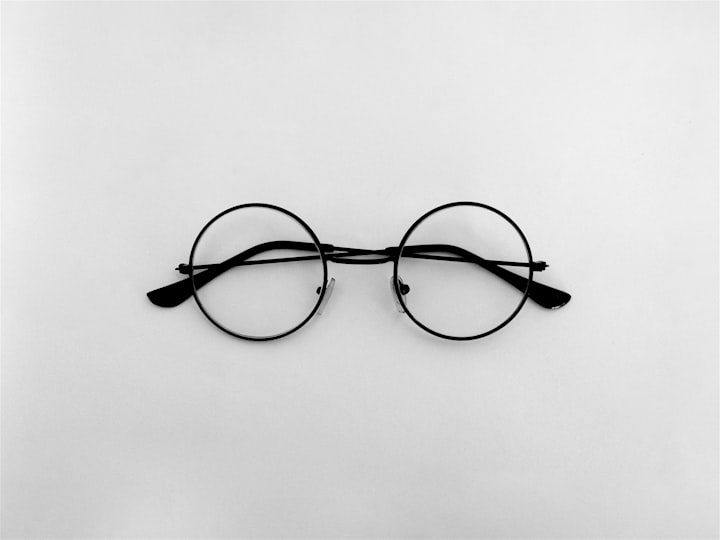Books Recommended by Steve Jobs
Steve Jobs built two of the most famous companies in the world (Apple and Pixar). Here are 4 books he recommended.

Steve Jobs was born in San Francisco, California on February 24, 1955. Jobs founded several companies, including Pixar Animation Studios and NEXT. He also co-founded Apple Inc. Jobs was the flagship figure of the personal computer revolution that defined the 1990s, along with Apple co-founder Steve Wozniak.
Here are 4 books Steve Jobs recommended, with reviews from avid readers like me and you.
If you want to purchase any of the books listed below, click on the titles. They are affiliated links that will take you directly to the store.
Moby-Dick, by Herman Melville
A very enjoyable listen. Well narrated and takes a long time to get through, my two main requirements for an audiobook :). I tried reading this when I was young (luckily never given it as an assignment) and it is a tough read. Herman Melville was a master of the poetic phrase and it is beautiful to listen to but a trudge to read imho. A true American classic of the dangers of revenge and mob mentality.
It also provides a time-machine like glimpse into the powerful American whaling industry and once again demonstrates the American concept (for good or bad) that whatever the world does we will outstrip it. I was especially pleased with the authors (narrators) view on the belief that mankind could never kill enough whales to endanger their numbers in the ocean and provides an interesting analogy separating their killing from the American Buffalo. Sadly, little did he know of where technology and seafaring were headed just a few decade later. I spent .99 for the kindle book and got the audio for free so I count it as money well spent.
King Lear, by William Shakespeare
"King Lear" is Shakespeare's most profound utterance. It is a work whose theme is love; its major concern is with the centrality of love in the formation of character and with justice, both social and divine. The final scene, which confirms this reading, is one of the great achievements of world literature. The play opens with the aging king dividing his kingdom among his three daughters in return for their declarations of love. King Lear gives love uncontrollably and expects to be loved in the same fashion. He tells us that he loved the little one, Cordelia, best (I.i.137, 245, & 336) and we must thus assume the most violent resentment on the part of the two elder daughters, who have learned to say not what they feel but what they ought to say.
Cordelia's honestly proclaims that her future husband will of necessity have to share in her love with her father and this is understood by the latter as a complete rejection, worthy of curses and banishment. The "subplot" concerning Gloucester's two sons, Edgar and Edmund. We can understand Gloucester's love for both of his children as a relatively recent phenomena having required the gradual overcoming of his embarrassment at his younger son, Edmund's, illegitimacy (I.i. 10). That Edmund has overheard his father's disparaging opening comments to Kent is confirmed by his paraphrasing of them in the second scene (I.ii. 18) and that this shaming has been a part of Edmund's experience since childhood appears probable in light of his final, transformative reaction to the unexpected and unknown feelings of love and pity experienced by him at the end of the play.
The motif of "nothing," "nothingness" is hammered throughout the play. Having given away his love and receiving none from his remaining daughters Lear becomes 'nothing,' ontologically empty ("Lear's shadow"). Edgar, likewise experiences his rejection by his father - on faulty and conspiratorial premises - as an annihilation of his being ("Edgar I nothing am"). "He childed like I fathered," says Edgar of his godfather Lear. The comparison is that between two egos who know only the need to love and have been annihilated by the rejections they have experienced from the individuals whom they love. Edgar's transformation into Tom of Bedlam is not only a practical disguise but an acting out of this loss of identity (consider that he continues to use mad Tom's vocal mannerisms even in soliliquy [III.vii.126]) and his refusal to reveal himself to his father perhaps until he is ready to undertake an act which will justify his being loved again (III.vii. 121-124).
Diet for a Small Planet, by Frances Moore Lappé
Many "vegetarian" or "vegan" cookbooks teach in terms of substitute proteins -- what I call the "tofurkey" approach that focuses on replacing animal meats with imitations and analogs. It was Frances Moore Lappe's great gift to us to throw out the concept that something called an "entree" must center the dinner table, whether or not said entree consisted of meat, fish, molded lentils or whatever. Instead, she focuses on protein complementarities, the technique of melding vegetable sources with incomplete amino acids into full proteins (for example, corn and legume beans; milk and peanuts).
It's a wonderful way to think, plan, and cook; as a result this wonderful little book has braved the test of time and is now in its third decade. And may I say -- the recipes are very tasty indeed. Cheers!
The Structure of Scientific Revolutions, by Thomas S. Kuhn
First, let me state the obvious - since Kuhn is talking about the philosophy of science, this is not light reading. That said, this book is as relevant as it was when it was first published - perhaps more so. Kuhn makes a well-reasoned argument that science is not an objective search for "truth," as many people believe. Instead, "normal science" is a problem solving endeavor, solving known problems by known methods. Science only changes the rules by which it operates (its "paradigm" - that over-used and often misused term in contemporary language) only when the current paradigm causes more problems than it solves. This is the real answer to any from any field who say, "The science is settled. There is no room for discussion." Those who make that statement need to re-read Kuhn and come to grips with the reality that all knowledge is inevitably socially constructed. If you read this in graduate school, it is worth revisiting. If you have never read it and you are ready for some deep thinking, dive in. You will find your horizons expanded, and that is a good thing.
About the Creator
Borba de Souza
Writer and business founder that enjoys writing about history and culture.
Founder of Small Business Hacks https://www.youtube.com/c/SmallBusinessHacks and https://expatriateconsultancy.com. My published books: https://amzn.to/3tyxDe0






Comments
There are no comments for this story
Be the first to respond and start the conversation.